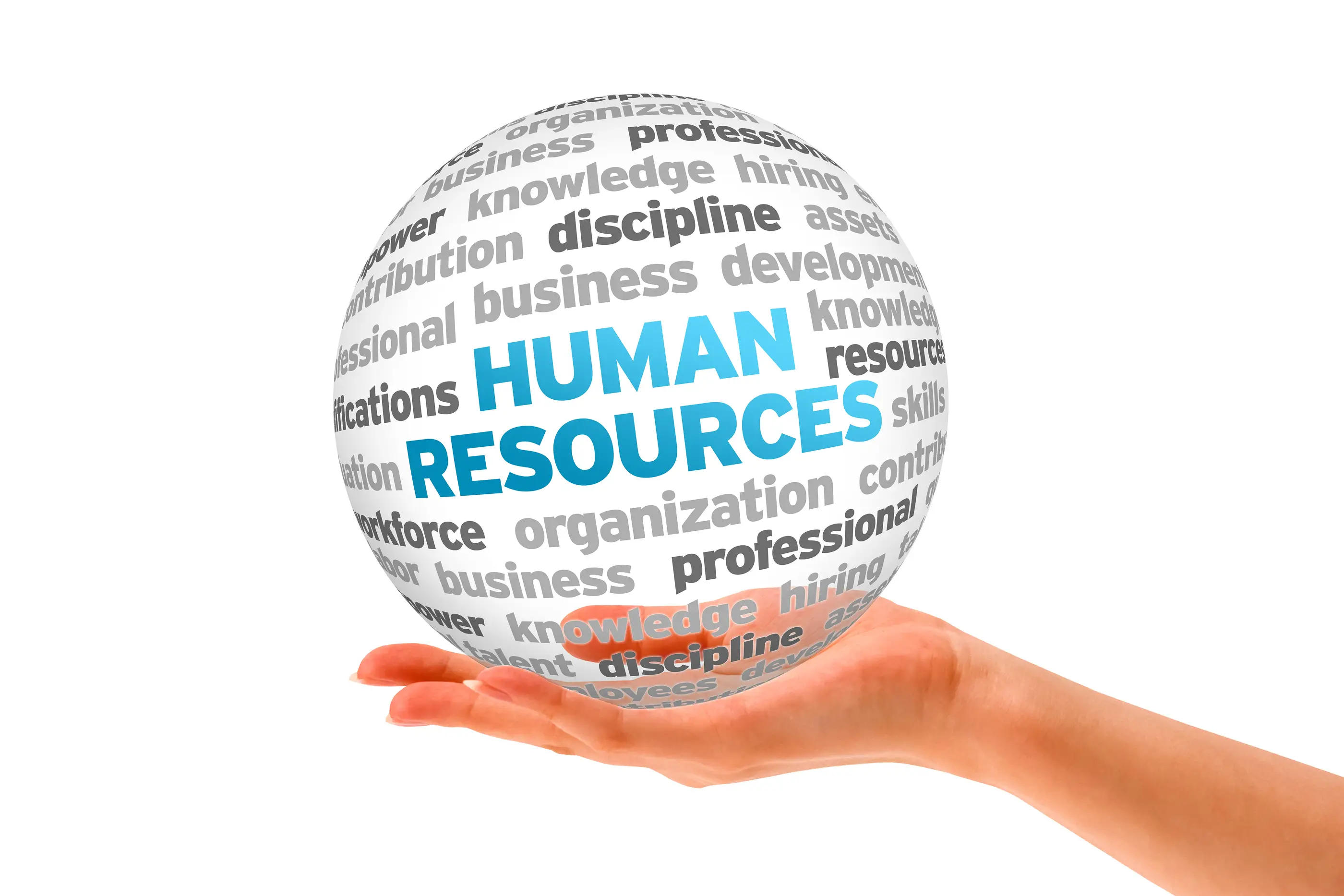
Human Resources (HR) is a critical function within any organization, responsible for managing and optimizing the workforce to achieve organizational 港人大灣區創業 goals. HR encompasses a wide range of activities, each vital to maintaining an effective and motivated team.
At the core of HR is recruitment, which involves identifying the need for new talent and attracting suitable candidates. This process begins with understanding the specific requirements of each role and crafting accurate job descriptions. HR professionals use various methods to find potential hires, including job postings on various platforms, social media, and recruitment agencies. Effective recruitment is crucial as it sets the foundation for building a strong and capable workforce that aligns with the organization’s values and objectives.
Once candidates are selected, the onboarding process begins. Onboarding is designed to help new employees integrate smoothly into the organization. This process includes providing them with essential information about their roles, the company’s culture, and the tools they will need to perform their duties. A well-structured onboarding program helps new hires acclimate quickly, reduces their time to productivity, and enhances their overall job satisfaction.
Training and development are ongoing responsibilities of HR, focusing on the continuous growth of employees. HR identifies skill gaps and organizes training sessions, workshops, and professional development opportunities. These programs help employees stay current with industry trends and develop skills relevant to their roles. Investing in employee development not only enhances individual performance but also contributes to the organization’s overall success by ensuring a well-skilled and adaptable workforce.
Performance management is another key area overseen by HR. It involves setting performance expectations, providing regular feedback, and conducting performance evaluations. Effective performance management helps ensure that employees understand their goals, receive constructive feedback, and are recognized for their achievements. This process is crucial for maintaining high levels of motivation and aligning individual performance with organizational objectives.
Compliance with legal and regulatory requirements is a fundamental aspect of HR. HR professionals must ensure that the organization adheres to laws related to wages, working hours, health and safety, and anti-discrimination. Keeping up-to-date with changes in legislation and implementing necessary policies is essential for avoiding legal issues and ensuring fair treatment of employees. This aspect of HR helps protect the organization from legal risks and promotes a fair and equitable workplace.
Another important function of HR is managing employee benefits and compensation. HR is responsible for designing and administering benefits packages, which may include health insurance, retirement plans, and other perks. Offering competitive compensation is crucial for attracting and retaining talented employees. HR must balance the need to provide attractive benefits with budgetary constraints, ensuring that compensation structures are both appealing and sustainable.
Creating and sustaining a positive workplace culture is also a critical responsibility for HR. This involves fostering an environment where employees feel valued, engaged, and motivated. HR implements various initiatives, such as team-building activities, employee recognition programs, and wellness programs, to promote a supportive and inclusive work environment. A positive workplace culture enhances employee satisfaction, reduces turnover, and contributes to overall organizational performance.
Managing organizational change is another crucial role for HR. Whether dealing with mergers, acquisitions, restructuring, or new technology implementations, HR helps facilitate smooth transitions. This includes communicating changes effectively, providing support and training, and addressing employee concerns. Effective change management minimizes disruptions and ensures that employees remain aligned with the organization’s evolving goals.
In conclusion, HR is a multifaceted function that plays a vital role in the success of any organization. By managing recruitment, onboarding, training, performance, compliance, benefits, and workplace culture, HR professionals contribute significantly to the growth and efficiency of the organization. Their efforts in supporting employees and managing change are essential for building a resilient and successful workforce.